5 Surprising Facts About Lakes
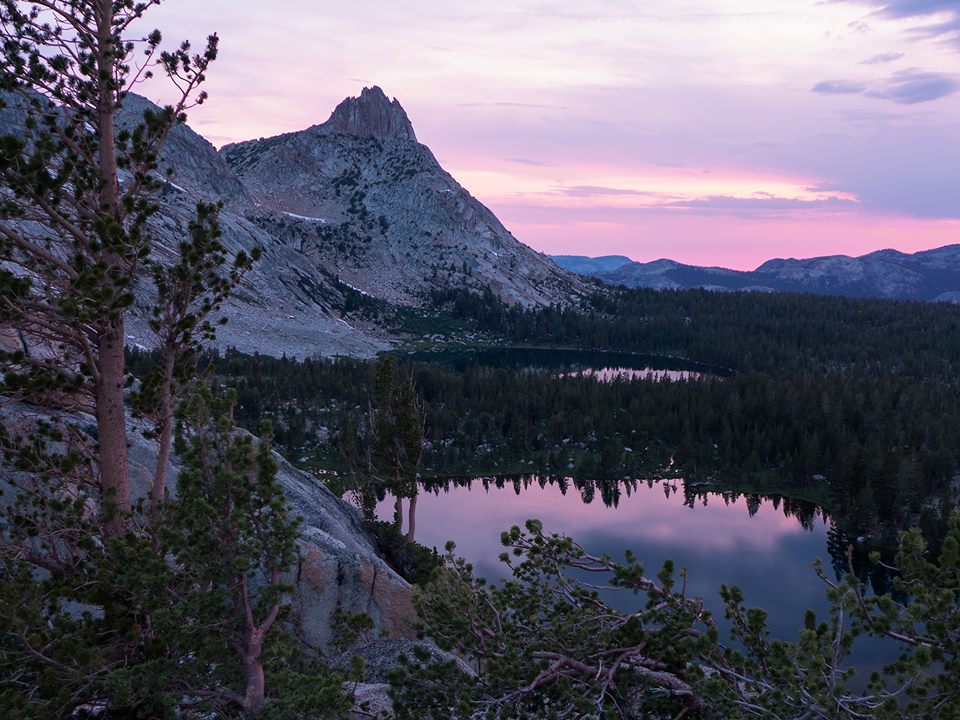
If you like lakes ...
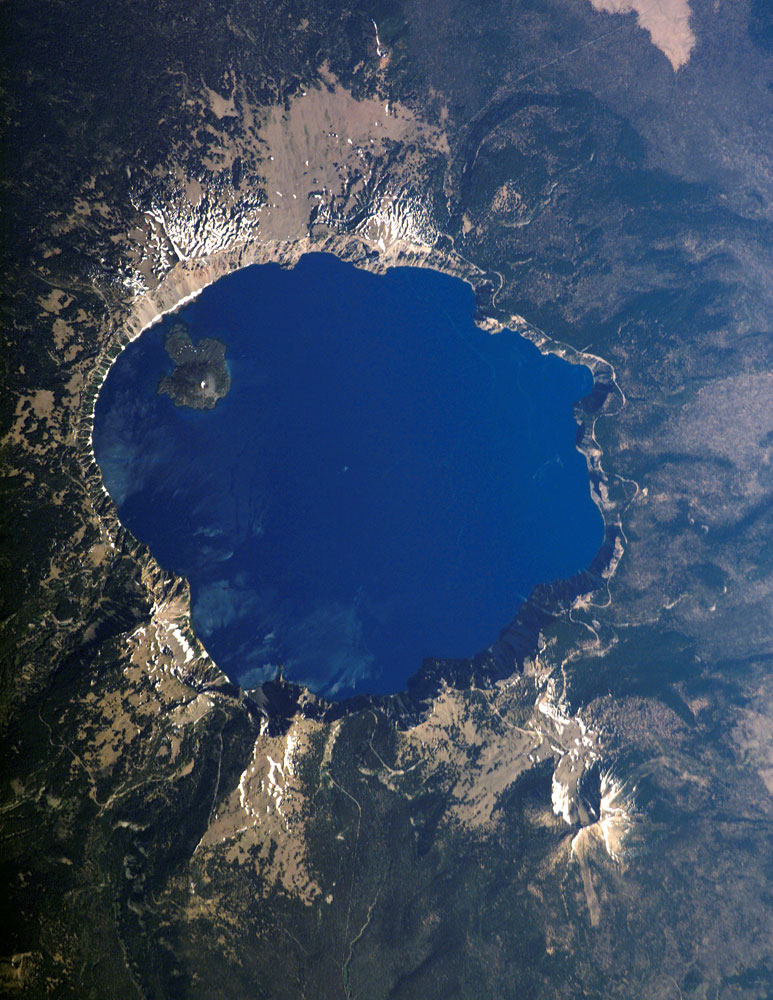
Salty or fresh, lakes are some of the only freely available water sources on land. Aside from rivers and streams, the rest of the world's freshwater is locked up in ice or trapped underground. Yet much remains mysterious about these important natural resources. Here are some new and surprising facts from a recent count of Earth's lakes, published Sept. 16 in the journal Geophysical Research Letters.
Small but significant
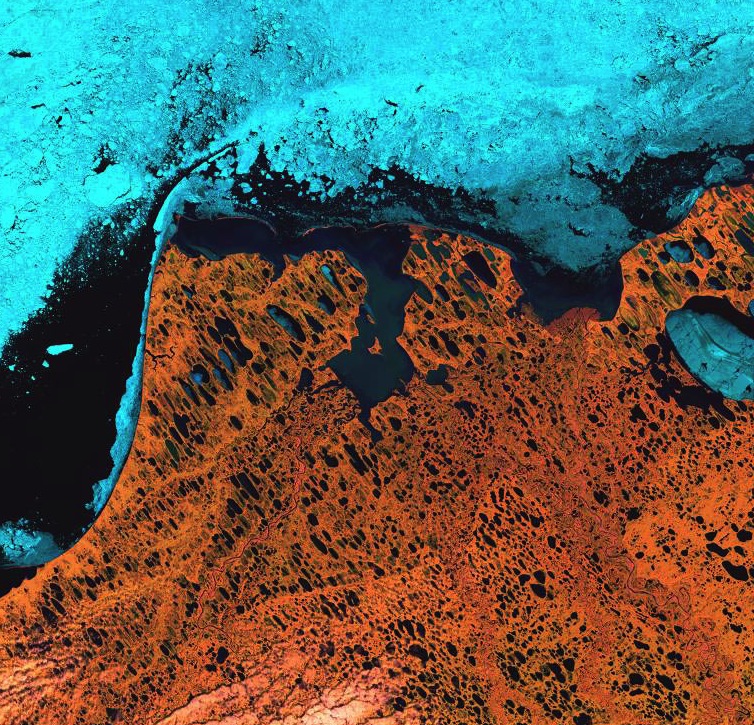
There are 117 million lakes on Earth, covering 3.7 percent of the continental land surface. (This doesn't include Antarctica, Greenland or the Caspian Sea). About 90 million of these lakes are less than two football fields in size, or 0.5 to 2.5 acres (0.2 to 1 hectares).
Shoreline living
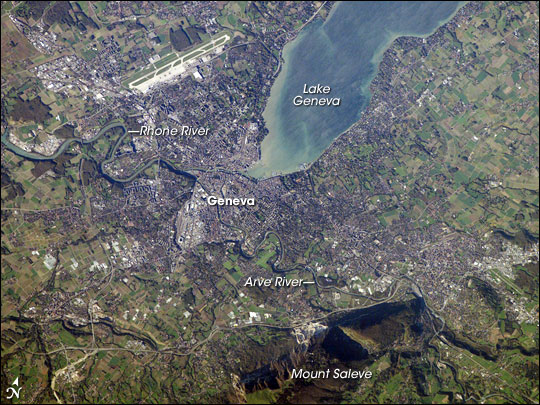
Added altogether, the shorelines of all the world's lakes roughly measure 250 times the length of the equator. The equator is 7,926 miles (12,756 kilometers) long.
Welcome to the North
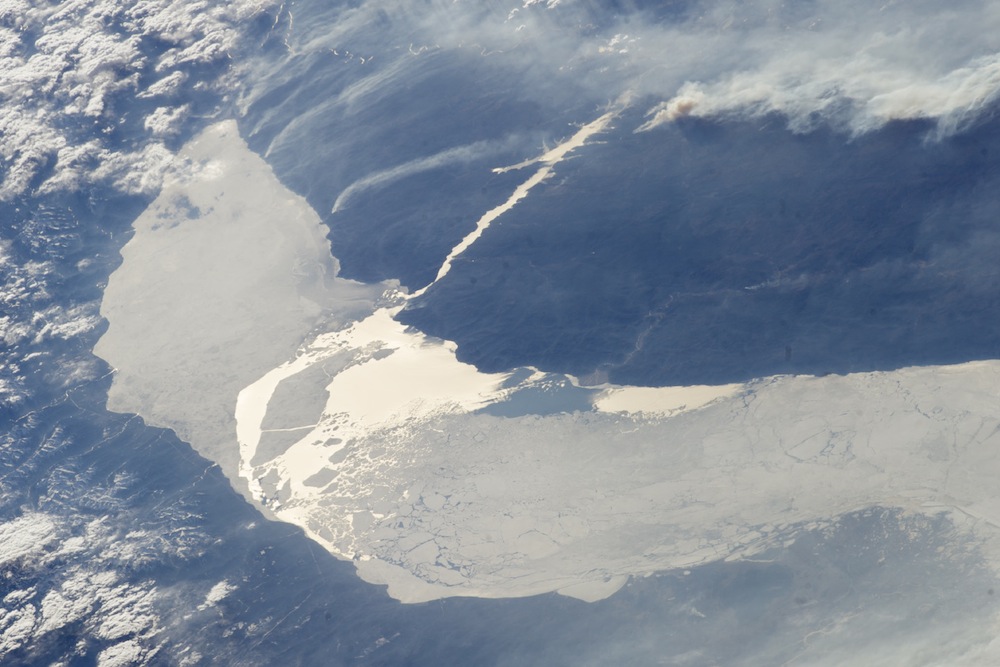
Most of the world's lakes are in Canada, Russia, Alaska, Sweden and Finland. Though tropical countries are also flush with lakes, the northern countries lead the lake count, because there is simply less land farther south. Thank the tectonic placement of continents, which scattered most of the world's landmass in the Northern Hemisphere.
Ice Age effects
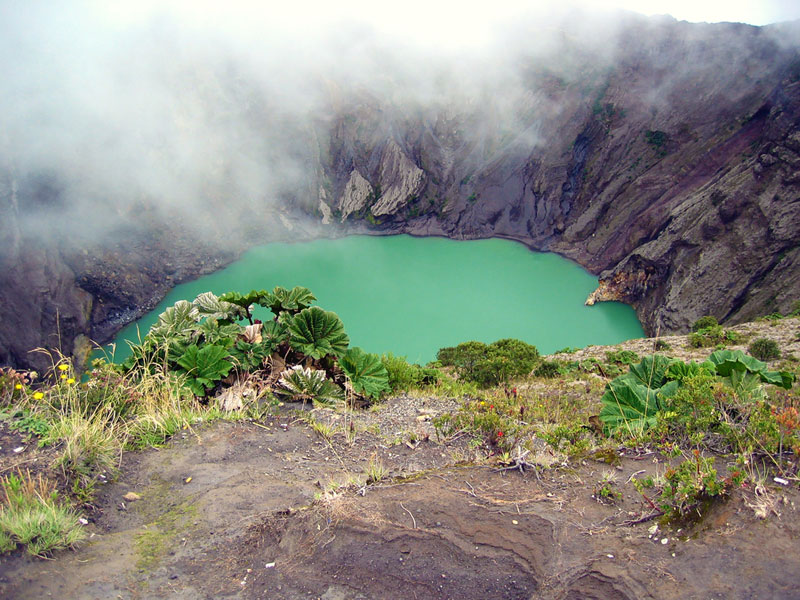
Most lakes lie low — 85 percent are at elevations less than 1,600 feet (500 meters) above sea level. The reasons are two-fold. First, mountainous terrain restricts lake size. Second, the countries with the most lakes were scraped flat by glaciers during the last ice age.
Splash in time
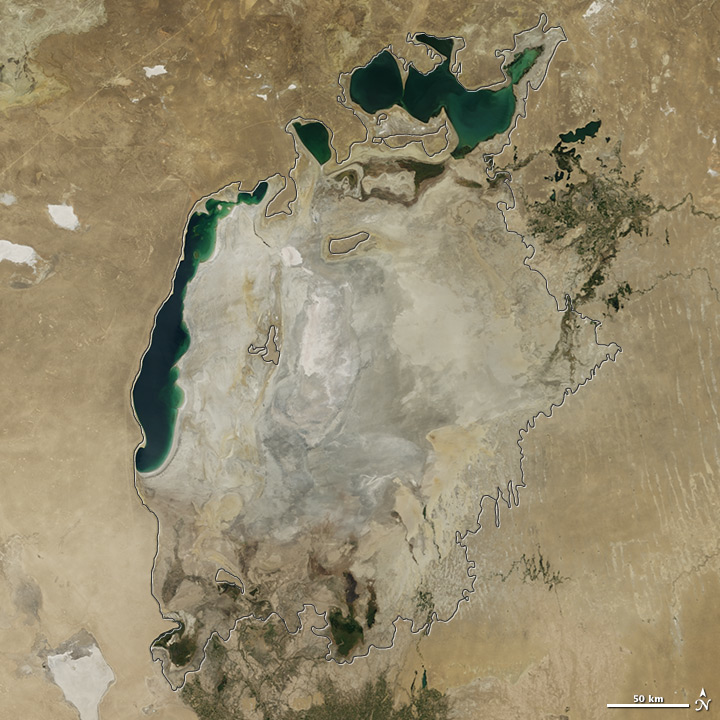
Lakes come and go. A new lake suddenly appeared near Gafsa, Tunisia, in August 2014, either from a sudden groundwater release or pooling rainwater. In permafrost regions throughout Russia and Alaska, small lakes are drying up as higher temperatures thaw permanently frozen ground (permafrost). In Mongolia, more than 100 lakes disappeared during the 2000s from drought and heavy demand for irrigation.
Get the world’s most fascinating discoveries delivered straight to your inbox.



